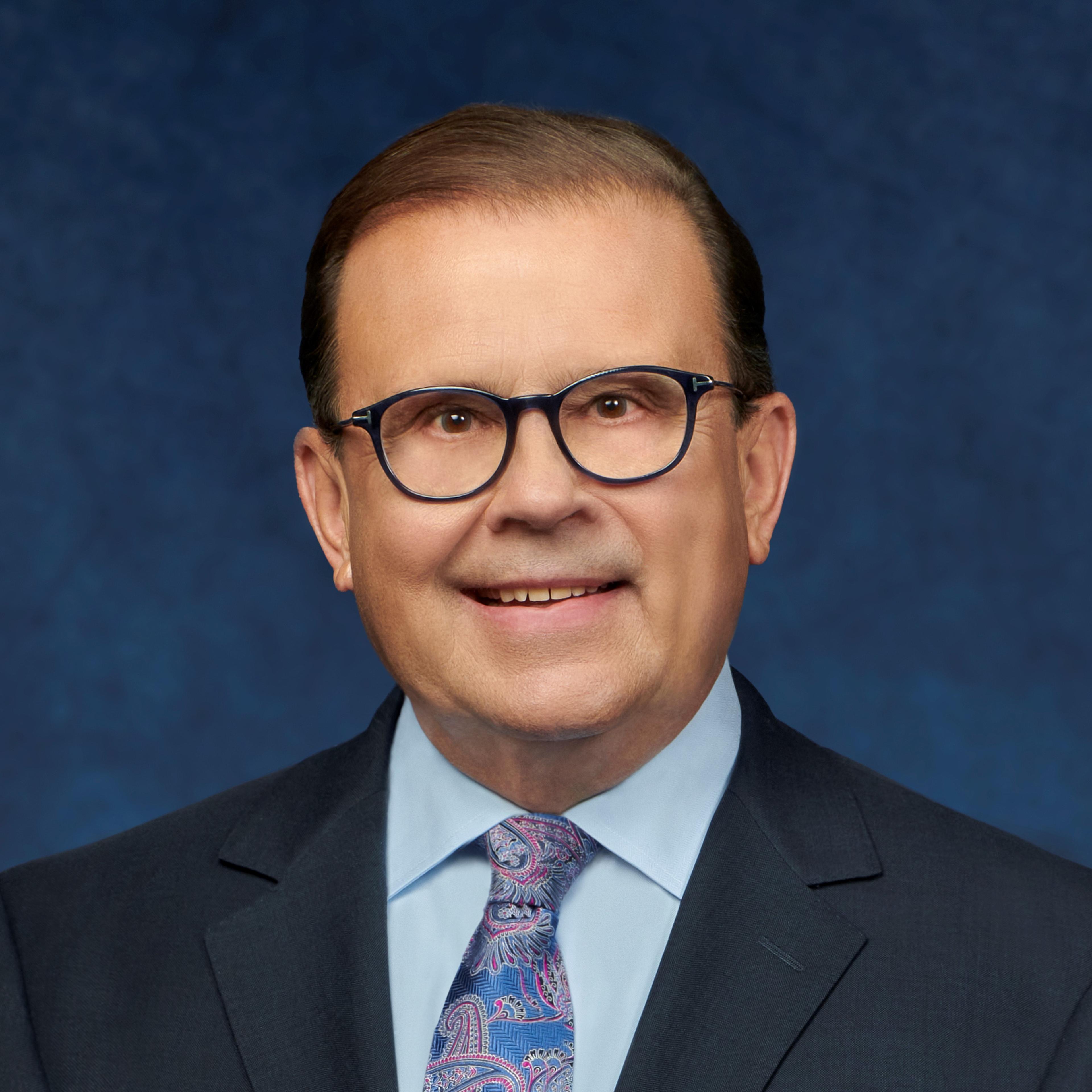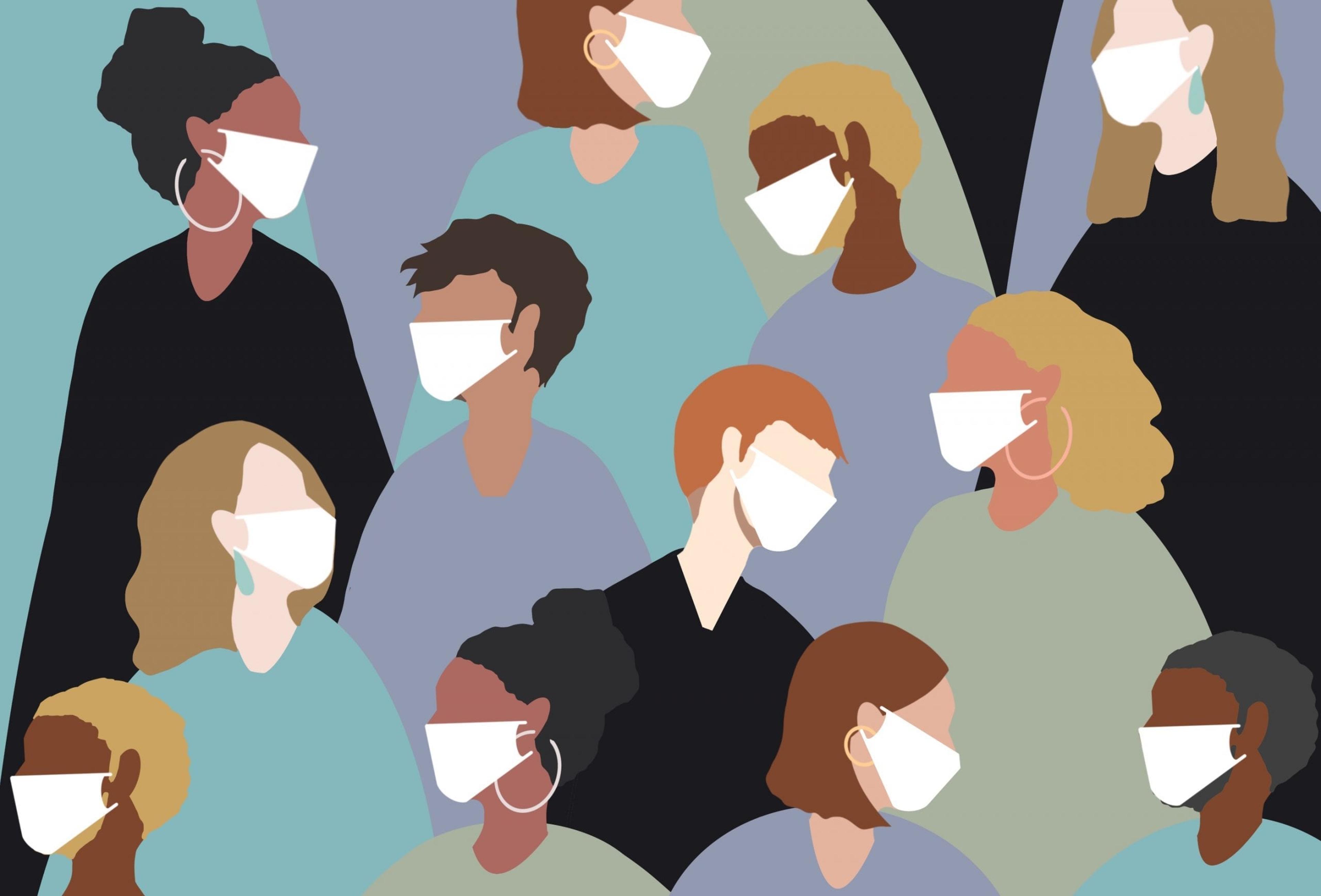Blue Cross Works to Address Social Disparities that Impact Health Amid Pandemic

Daniel J. Loepp
| 3 min read
Daniel J. Loepp is the former President and Chief Executive Officer of Blue Cross Blue Shield of Michigan.

The COVID-19 pandemic has been merciless in striking fear across the world and taking hundreds of thousands of lives, but its impact is far greater in minority communities and among urban populations. This is especially true for African Americans, who make up 14 percent of Michigan’s population and yet account for 40 percent of deaths related to COVID-19. As part of Blue Cross Blue Shield of Michigan’s long-standing mission to improve the health of all Michigan residents, we’re implementing policies, programs and initiatives to address health and health care disparities that impact minorities and vulnerable populations. Four years ago, we implemented a cross-functional Health Disparities Action Team to create a coordinated approach, asking the right questions in the right way to ensure the needs of our diverse members are being met. Through that, we’re working to detect and monitor known health and health care disparities and distinguish what can be effectively addressed, while implementing additional policies and programs that emphasize health equity, cultural competency and the quality of health care delivery. Our efforts include connecting members to physicians, implicit bias education and supporting community-based organizations to address food insecurity and partnering with the Health Endowment Fund and other foundations to enhance telehealth services, a key strategy for expanding access to care. And we remain the largest private donor to Michigan’s free clinics, providing free or low cost medical, dental and mental health care for safety net programs for the uninsured and underinsured. These efforts are even more necessary now amid the pandemic. Some of the steps we’ve taken recently include waiving all member copays, deductibles and coinsurance for COVID-19 testing and treatments. We don’t want members worrying about costs, while they are dealing with the effects of the disease. And we’re covering the full cost of medically necessary laboratory tests to diagnose COVID-19 infection. We’re also providing no-cost telehealth medical and behavioral services so our members can easily see a doctor or therapist safely from their homes using their phone, computer or other device. This breaks down the barrier of transportation and also alleviates the strain on frontline medical workers who are grappling with the increased COVID-19 cases in hospitals. Knowing that our seniors are among our most vulnerable populations, we are proactively reaching out to help them monitor their health and to stay active and well at home. And since many seniors are sheltering at home with less access to help and visitors, we’ve also expanded our home care management services. We also recently announced a partnership with Wayne State University, the Wayne State University Physician Group and ACCESS to expand a COVID-19 mobile testing program to include free testing for older adults and their caregivers. The partnership was launched at Mount Pleasant Missionary Baptist Church in Detroit’s East Warren/Cadieux neighborhood, where we are investing $5 million to help inclusive neighborhood development through Detroit’s Strategic Neighborhood Fund and Affordable Housing Leverage Fund. The funding covers testing supplies and operations costs for mobile units to test for COVID-19 at nursing homes, care facilities, churches and other sites throughout Detroit and the region. That’s important because we know that COVID-19 has hit nursing homes particularly hard in Michigan, and especially in Detroit, where the disease has been found in every nursing home. These are just the beginnings of our efforts to break down the social barriers that impact health during the COVID-19 pandemic. We will soon be announcing additional programs and partnerships because we are committed to ensuring, as we have for more than 80 years, that everyone has access to quality, affordable health care. We are truly all in this together, and our state and nation will only emerge from this crisis and slow the pandemic by ensuring we are helping everyone. Photo Credit: Ada Yokota





